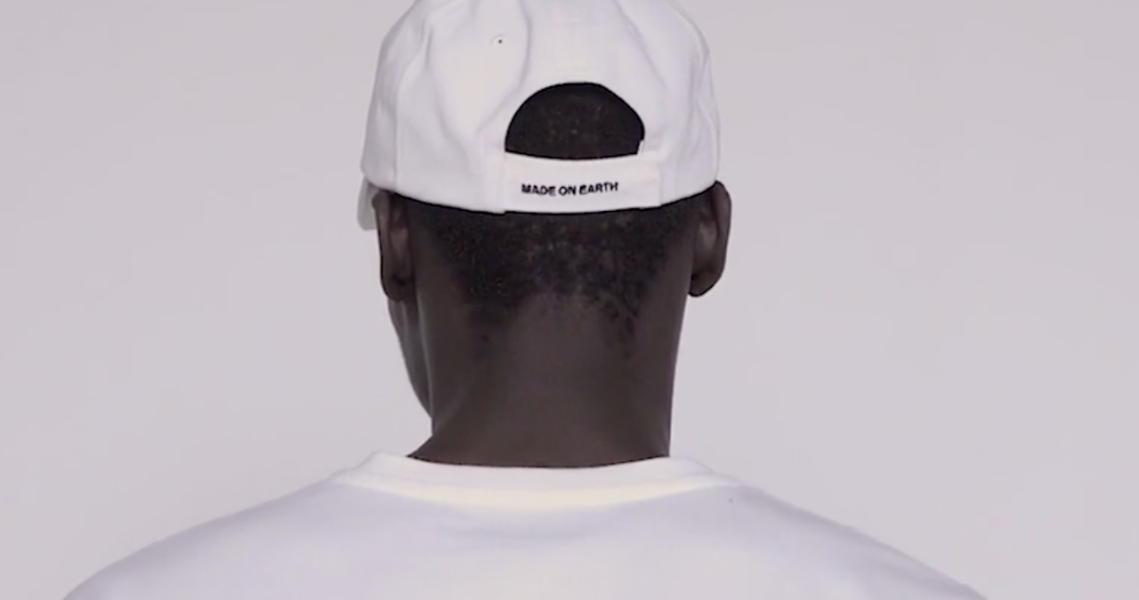As consumers become more aware of the insidious effect that the global fashion industry has on the environment, fashion brands have responded by embracing sustainability both as a business practice and a marketing tool. Yet the biggest names in streetwear, one of the buzziest and most influential sectors of the fashion industry at the moment, seem to have far less of an interest in making sustainability a priority.
Few of the biggest streetwear brands have made any public commitments to sustainability. Supreme, one of the heaviest hitters in streetwear today, offers no information on where or how its materials are sourced, nor does it have any existing sustainable efforts like upcycling or waste reduction. The same goes for other major players in the streetwear world like Palace, Bathing Ape and Off-White (none of which responded to requests for comment for this story). In contrast, a minority of smaller and younger streetwear brands are starting to put a strong focus on sustainability.
“A lot of streetwear brands are small businesses that look at sustainability beyond their relationship with the environment and more in terms of making the best quality product with access to the best possible materials while having to deal with factory minimums,” said Jian DeLeon, editorial director of Highsnobiety. “So they’re not introducing a ton of new product at once but sort of have a smaller-scale approach.”
Some have argued that streetwear is naturally more sustainable than other types of fashion. For one, streetwear is predicated on the drop model, which relies heavily on the idea that products are produced in limited amounts with the intention that every piece of clothing will be sold fairly quickly. This ensures that streetwear brands rarely find themselves in the position of overproducing or having tons of excess product that, at best, sits in a warehouse or gets reused or, at worst, gets burned, as Burberry controversially showed earlier this year.
Similarly, streetwear has helped drive the surge in popularity of resale and the circular economy. Sneakers, while usually not sustainably produced, do tend to circulate through multiple consumers, being bought and resold in a way that could theoretically cut down on waste. Yet, again, while other resale platforms like The RealReal make sustainability an explicit part of their appeal to consumers, none of the major sneaker resellers make any mention of sustainability.
“I don’t think the streetwear industry is as focused on sustainability at the moment as some other sectors of the fashion industry,” streetwear designer Heron Preston told Glossy in February. “But I do feel that consumers are paying more attention to sustainability than ever before, and more and more designers and brands are being forced to innovate and become more sustainable because their fan base is starting to demand it.”
One of the few brands to publicly make any statements or take any action around sustainability is Public School. The New York-based brand recently stopped doing runway shows and began using recycled and deadstock materials.
Ad position: web_incontent_pos1
“We are changing our business model so as to not produce more waste,” said Public School co-founder Maxwell Osborne. “Not only is it sustainable, but these changes are creatively rewarding for us too.”
Outside of Public School and other outliers like 1017 Alyx 9SM, few major streetwear brands have made any mention of sustainability. Noah, founded by Brendon Babenzian, is a streetwear brand with marketing materials actually emphatically stating that the company is not sustainable, but only insofar as no clothing company can be truly sustainable. Instead, the brand focuses on being responsible and creating as small a footprint on the environment as possible.
By contrast, luxury fashion has made much larger strides toward sustainability. Where once luxury and sustainability were considered to be mutually exclusive, brands like Stella McCartney and its former parent company Kering have made great progress toward sustainability while remaining legitimate names in the luxury world.
Some brands are trying to lead the same change for streetwear. At this year’s ComplexCon, an annual celebration of streetwear and culture, a brand called Pangaia launched with a collection of streetwear items that were all made entirely from recycled, organic and lab-grown alternatives to regular materials. Similarly, Landlord, a streetwear brand specializing in military-inspired clothes, just dropped a capsule collection of all faux-fur products on its website and at retail partners Barneys, Ssense and Dover Street Market.
“It’s just the natural direction of fashion,” said Dao-Yi Chow, co-founder of Public School. “A lot of fashion’s pollution of the environment is unintentional. It’s not like the oil industry. We need to reverse that. Everything we do toward the environment needs to be intentionally good.”




